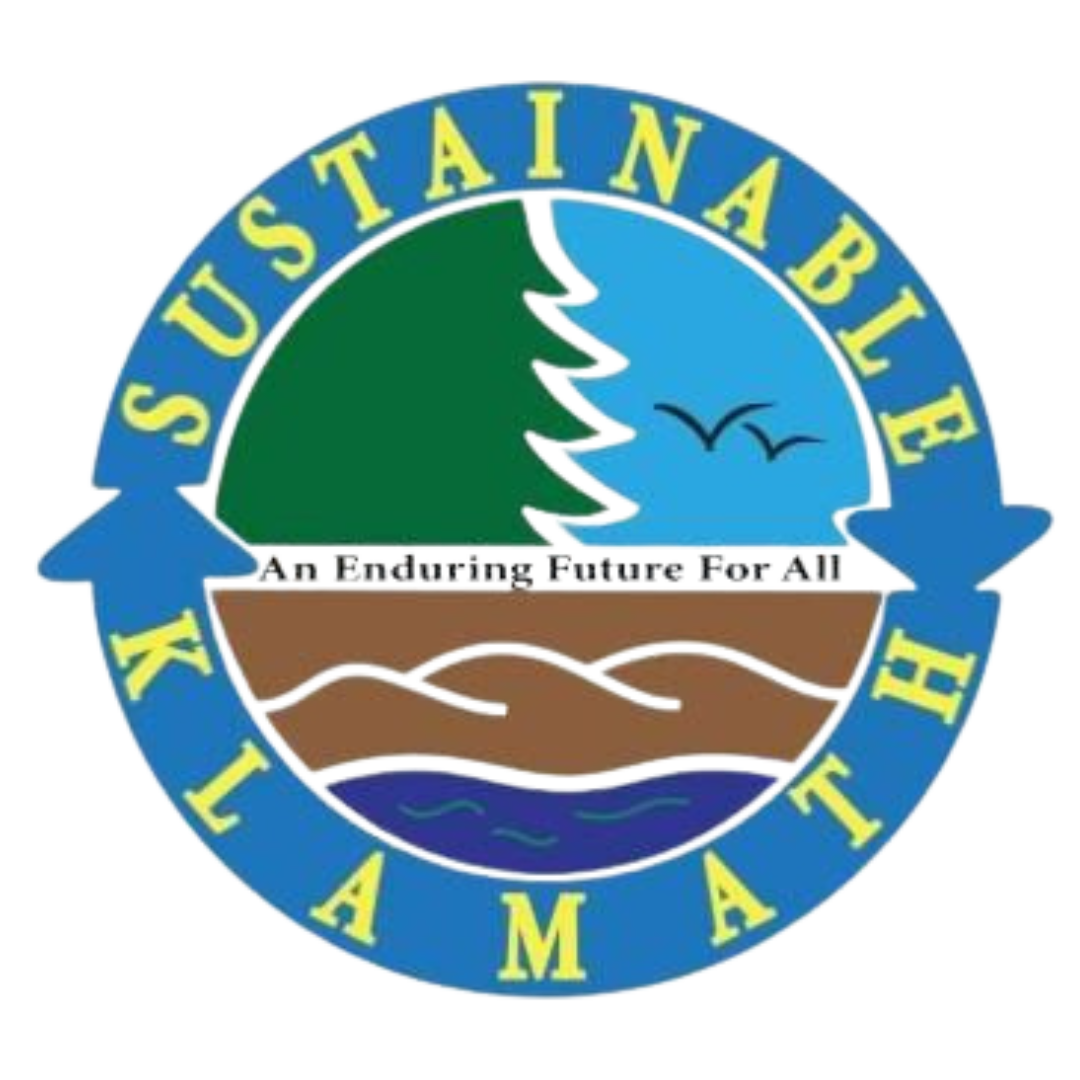by Alissa Oliverson (SWAC Chair), September 2020
Trash Talk Series from Sustainable Klamath, Solid Waste Action Committee (SWAC)
For decades, the general public has been duped into believing that any plastic item bearing the international recycling symbol, known as the Chasing Arrows, is recyclable. The confusion this symbol has created was intentional, and it continues to complicate recycling efforts locally and internationally.
In 1973, top oil and plastic executives received a report stating that recycling plastic is nearly impossible: sorting is infeasible, the recycling process is costly, and plastic degrades every time you try to reuse it. Courtroom discovery documents from 1974 contain a speech from a plastic industry insider, which states that there is “serious doubt that [recycling large quantities of plastic] can ever be made viable on an economic basis.”
But despite these and other all-too-true warnings, big oil and big plastic went ahead with the production of more and more virgin plastic, without a viable plan for its end-of-life. The plan they did have, was a plan to confuse the public and advertise their way out of any negative associations we had started to make with plastic.
We have all seen the international recycling symbol known as the Chasing Arrows, three arrows forming a triangle with a number inside, stamped on the bottom of just about every piece of plastic we consume. But this symbol does not indicate that a product is actually recyclable. It only indicates the type of chemicals used to make the plastic.
Nevertheless, the plastic industry lobbied to have the symbol stamped on every plastic item, even if there was no way to recycle it. Industry insiders have spoken out about why the Chasing Arrows and other campaigns, like the Possibilities of Plastics ads were used. They knew that if the public thought recycling was working and applied to the vast majority of plastic, we would be less concerned about the environment and therefore, we would continue to buy the plastic they were producing from virgin materials at huge profit gains. Today, we call this method of deception: greenwashing. The plastic industry has known about the confusing effect of greenwashing all along, and they continue to take advantage of it to this day.
So, what are we consumers to do? How can we know which plastic items are truly recyclable and which are not? Loads of recyclables that are contaminated with improper plastics make the already cumbersome recycling process even worse. Is there a nationally or internationally standardized list of recyclable plastics? No, not really. It turns out, the best way to know what is currently recyclable is to know what your local recycler will and will not take.
Here in the Klamath Basin, we rely on Waste Management to collect our recyclables, and lucky for us, they provide a handy infographic that shows us what to put in our recycle bin and what to keep out. If you have lost your copy of this valuable flyer, or if you never received one, you can find it on the SWAC page of Sustainable Klamath’s website at: SustainableKlamath.org. You can also request a copy from Waste Management directly.
Be skeptical when you are shopping and considering items that feature the Chasing Arrows -remember that this symbol does not mean the item is actually recyclable. Find alternatives to plastic, like buying in bulk with reusable containers. Write to your favorite companies/brands and ask them to change their packaging so that it is universally recyclable. And consider telling companies like Dow, DuPont, Procter & Gamble, Exxon, Chevron, The American Chemistry Council, and others that using the Chasing Arrows indiscriminately is an unacceptable and environmentally irresponsible greenwashing tactic that you will not stand for.
Now that we are aware of the deceptive marketing techniques of big oil and big plastic, it is up to us to see through their chicanery, demand change, and do our best to stay up to date on what our community collects for recycling. It’s not our fault that we were fooled. The oil and plastic industries spent millions to pull the wool over our eyes. But now that we know better, we must act on that knowledge and do our part.
Margaret Mead once said, “Never doubt that a small group of thoughtful, committed citizens can change the world. Indeed, it’s the only thing that ever has.” Sustainable Klamath is a small group of thoughtful, committed citizens based in Klamath Falls, working to provide education and actionable opportunities that help make our community and our world a healthier, more sustainable place. You can stay informed on our work, donate, and find out how to join us by visiting our website at: SustainableKlamath.org.

Leave a Reply